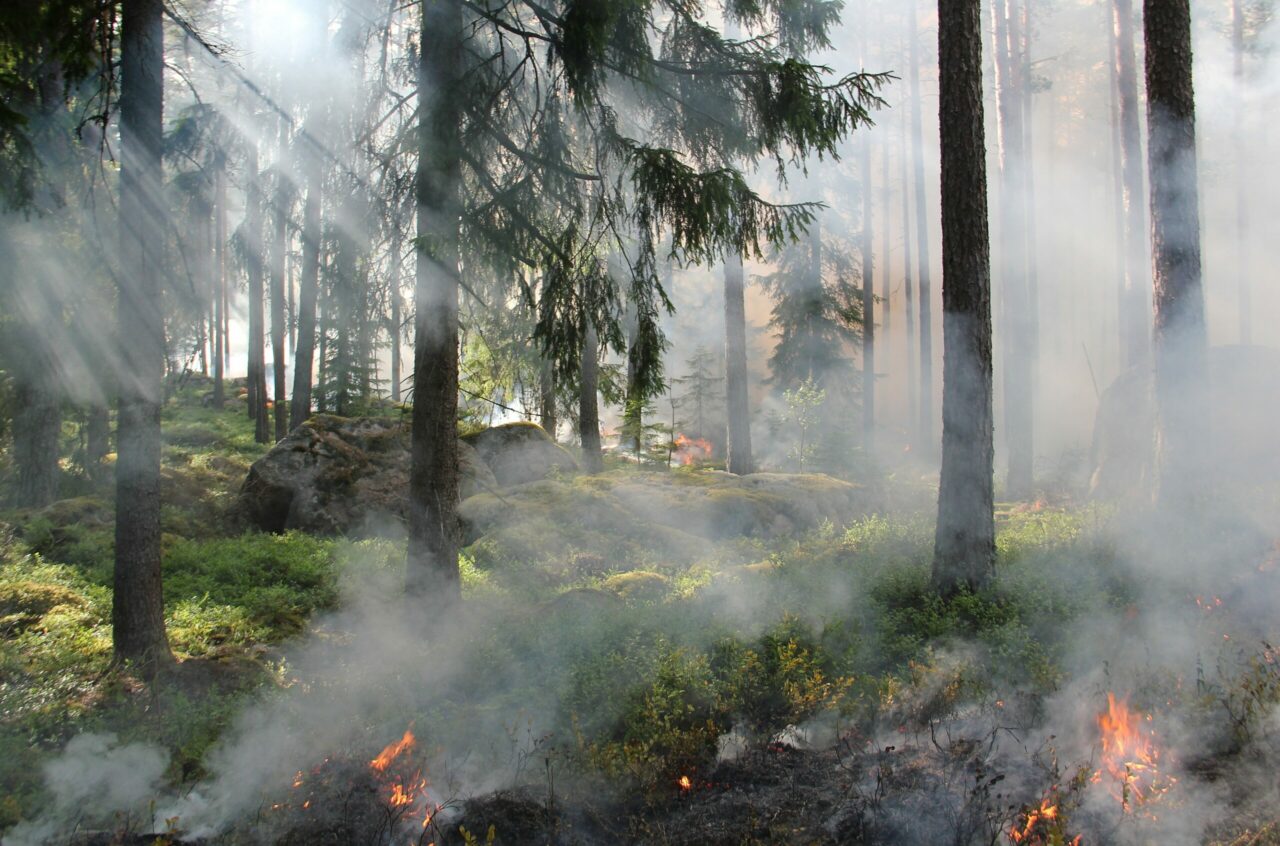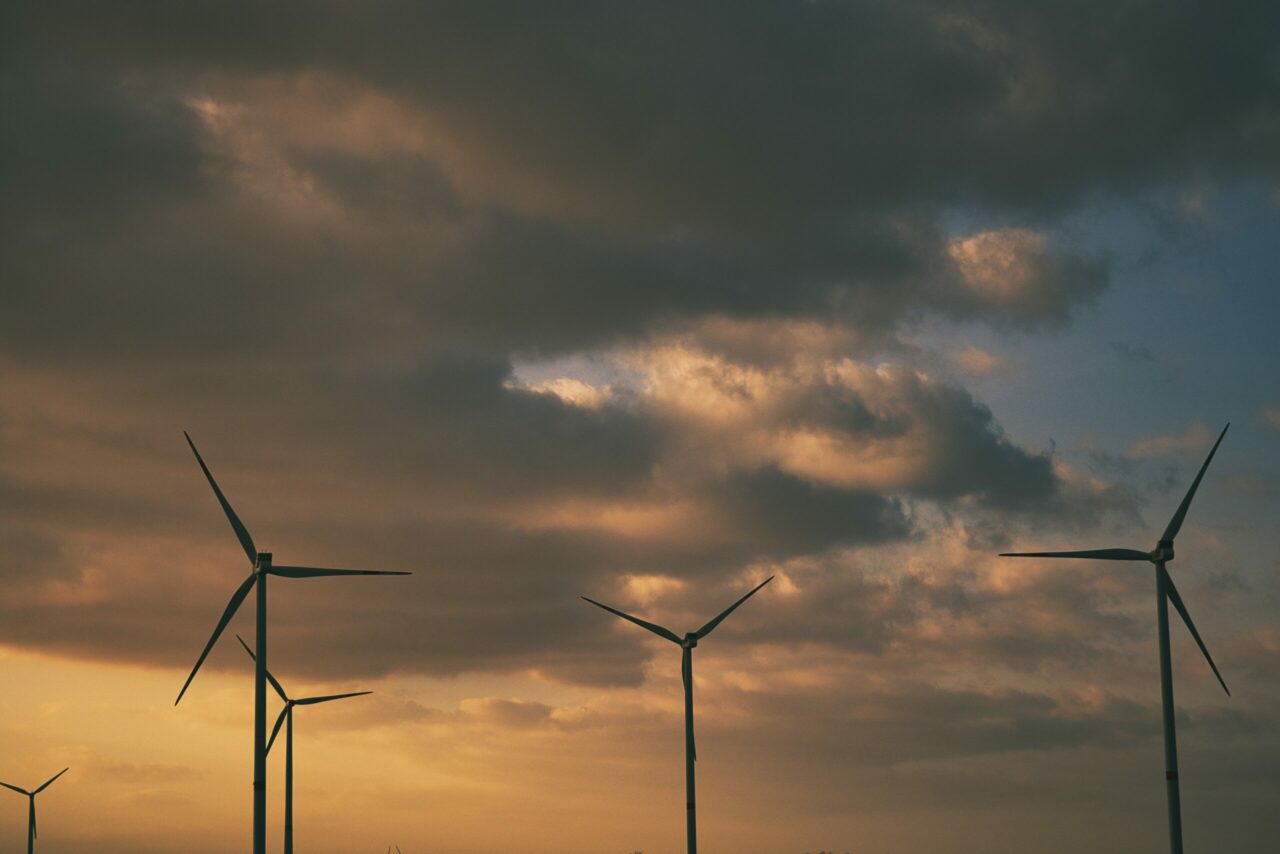

10. November 2022
Matthias Wagener
The concept of sustainable development, as defined in the 1987 Brundtland Report of the United Nations:
“Humanity has the ability to make development sustainable – to ensure that it meets the needs of the present without compromising the ability of future generations to meet their own needs.
That’s what science says – about what we are doing to our habitat, what we are destroying in the name of progress and convenience, growth and independence, greed and selfishness – and that we must remain capable of action.
Science has been approaching sustainability from many different angles for decades: ecological, economic, social.
Is sustainability the opposite to a lot of what we find right and desirable in everyday life? What do successful economics and growth, overconsumption with limited natural resources, and looking the other way in everyday life for convenience mean for our planet?
Today in the public discussion we talk about renunciation, about the impossibility of leading a fulfilled and at the same time sustainable life. It is about questions of energy production and consumption, about mobility, individualism versus community, it is about distributive justice and togetherness.
Big questions. Big issues. Almost arbitrarily complex interrelationships.
In a variety of disciplines, science is dealing with these aspects of social coexistence and the economic, ecological and social aspects of sustainability.
But does this help us? In concrete terms?
Because science investigates interrelationships and causes and can describe human actions over time, because it measures and visualizes effects and offers evidence-based solutions, it can also be said that without science, without its findings, there is no sustainability.
„Humanity has the ability to make development sustainable - to ensure that it meets the needs of the present without compromising the ability of future generations to meet their own needs." The concept of sustainable development, as defined in the 1987 Brundtland Report of the United Nations
At VAST FORWARD, sustainability started in the middle of the pandemic. It was motivated by Maren and me, with our floating office VAST, where we can live self-sufficiently with solar energy and self-produced drinking water for more than 7 months a year. This resulted in an internal project led by Vanessa from the core PM team: a series of Lunch&Learns with a focus on sustainability. What does sustainability mean? What do we as a team understand by it? Which aspects are particularly important to us? What is happening around us? And finally, as a kind of shoulder-to-shoulder with the reality outside our organizational cosmos: what insights and opportunities are there, as individuals and as an economically acting organization, to live and act more sustainably?
At VAST FORWARD, the result was – a next step. From Vanessa’s Lunch&Learn, the VAST FORWARD Principles for Sustainable Living emerged. Our engagement with sustainability became our sustainability initiative VAST GREEN.

So: What is sustainability for VAST FORWARD today?
On the one hand, this is what “science” tells us – and we have already laid this down in our strategy, which underlies everything we do.
VAST GREEN strategy and what we make of it:
Because: companies have a special responsibility, see “capitalism” above. The continued limitless exploitation of natural resources has already destroyed many habitats and ecosystems, with no end in sight, to the extent that the climate targets of the responsible governments are often missed. The principle of “growth” is the basis of all economic enterprises – and much depends on their “success”. In order to recognize which adjusting screws are relevant in one’s own company, the easiest way is to follow the money.

Where does the money come from? Where does it go? With simple questions we lift insights from our own supply chain, which act intransparently and according to their own laws and rules due to the digital infrastructure and fast international interdependencies…The follow the money approach.
One’s own accounting can help to understand supply chains – in connection with scientifically known sustainability criteria, insights and approaches for the sustainable further development of the company emerge.
No sustainability without science, not even for VAST FORWARD.
Science also means that there will always be new findings that will lead to the adaptation of our approach, to ever new decisions. The principle of sustainability is in development – our VAST GREEN initiative is in development: we share our successes, but we also keep learning.
Speaking of successes, we also see clear benefits for the company through true sustainability:
To our surprise, we realized right at the beginning of VAST GREEN that it would have been the easiest, cheapest and fastest way to become “green” by offsetting externally. And offsetting and compensating for one’s own emissions is an impressively simple market: It can be done in a subscription model, via app, with sustainability certificates – a green coat of paint without change.
As a team, we didn’t want to accept that.
“We Do Not Just Compensate” is therefore our motto – we also see our goal and our task in sustainable change without greenwashing. It is enough to look at what science says:
“Human activities are causing dangerous and irreversible changes to our climate and ecosystems which affect all of our well-being and the future of the world as we know it. Timely, ambitious and robust policies that drastically reduce greenhouse gas emissions from fossil fuels and support the recovery of ecosystems are needed to prevent dire consequences in our Earth’s system – for us and other species.” https://scientists4future.org/
And “drastically reduce greenhouse gas emissions” will not work by buying certificates.
More info for scientifically based answers on climate change and climate research can be found here:
Potsdam-Institut für Klimafolgenforschung (PIK) https://www.pik-potsdam.de/de/startseite
Max-Planck-Institut für Meteorologie – FAQ https://mpimet.mpg.de/kommunikation/fragen-zu-klima-/-faq
Portal Klimafakten
https://www.klimafakten.de